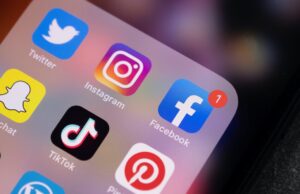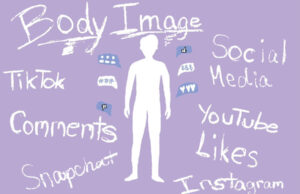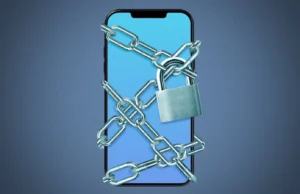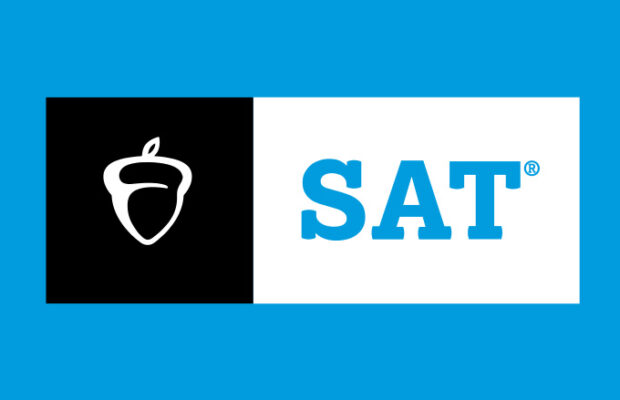Instagrind: Pressures of social media weighing heavily on teens trying to measure up to expectations
Almost everything we do we are using some sort of technology, but being that we use it constantly, what kind of toll does it take on us as humans? Do the accessories of technology, like social media and television shows, affect us too much and take away our human traits and turn us into robots? And what will the future bring us with the introduction of new and more advanced technologies?
Social media networks, or SNS, have completely changed the way we communicate with each other. Social media allows us to talk to people we don’t see very often and allows us to see the lives of people that we wouldn’t normally talk to face to face. Social networking sites have brought many advantages of connectivity and sharing, but there are consequences that come along with those things.
Recently, researchers have found that being associated with social networks has lead to having psychiatric disorders like depression, anxiety and low self-esteem, but because social networking sites are a somewhat new trend, there is not a lot of solid evidence that links this social media involvement with these psychiatric disorders. If the link does become more evident, social networks would become huge health concern to the public.
Since the development of social media, the time that young children and teenagers spend on computers and phones has dramatically increased. That leads to a decrease of social interactions within families and other environments. Social networks enable people to connect and interact with large groups of people. Those interactions are superficial and shallow and don’t adequately replace face to face communications.
An Hi-Line survey conducted at Peet Junior High showed a surprisingly positive opinion on how social networking affects students.
One student said, “I know that social media doesn’t affect my mental health because I know my limits on what to look at. If I see a picture come up that starts to give me anxiety, then I don’t look at it, or I get off my phone. I try to not follow any pages that endorse beauty standards because I have a good self esteem not looking at them, so if I can keep my social media positive, then negative self esteem thoughts never really come to mind.”
Another student said, “Social media can make me happy because there are so many positive things to see there. You just have to control the posts that you see so that you aren’t exposed to negativity that you know you can’t handle and make sure you’re only seeing positive things.”
To contrast, a student said, “I remember always thinking about what was going on on my phone, including on different apps. It was consuming and terrible for my mental health. Everyone can state their opinions, whether they’re dangerous or disgusting. It doesn’t matter. You’re exposed to everything, and it’s so scary.”
It seems that social media can be used to strengthen bonds and communication among people, especially amidst friends and families, showing the benefits of social media on your mental health, but it had also been shown to weaken interactions within family and friend groups and increase depression and loneliness.
Social media can also have a huge affect on self-esteem, and many students agree. One student said, “No, for me personally they don’t affect anything like that, but for other people I could see where it would. For people of color, LGBT and other minorities that don’t get represented very much in media, I can understand their self esteem issues. Everyone is constantly shown that European physical traits are ideal, straight couples are superior and other religions aren’t as important. When I turn on the TV and see these things, I can understand the struggles and issues that minorities go through, simply by turning on the TV. I can see where this would cause self esteem issues.”
Another student said, “Social media can give people unrealistic standards. When their life doesn’t compare, people can think that they are doing something wrong and think that they have to change it.”
There are many reasons behind this behavior. There are some social networking platforms that are based around self presentation, and those applications can cause or promote narcissism. A study conducted at York University indicated that people with a lower self-esteem tended to be more active and post more self-promotional things.
But on the other hand, being on social media can sometimes enhance self-esteem. Like what some of the students said earlier, they had limits of what they looked at on social media and controlled their feeds so they can’t see negative posts.
These same concepts can apply to the television shows and movies. Film can make a huge impact on acting and thinking.
Since the release of the show “13 Reasons Why,” there has been a huge spike in the talk about mental health. The Netflix Original is about a teenage girl named Hannah Baker that commits suicide and leaves behind 13 cassette tapes that are her 13 reasons why she killed herself, whether it was the boy that raped her or the people that were talking about her behind her back.
The show has been very controversial for its display of depression, suicidal thoughts and sexual assaults among teenagers. Many parents and teachers agree that the show is glorifying suicide and showing a character’s unreasonable rationalization for suicide, and since that the rate of suicide among teens is high, it’s questionable that the show should have been made at all.
The Center of Disease Control says that suicide is the third leading cause of death among people ages 10-14 and the second among people ages 15-34. And in 2015, about 9 percent of high school students seriously considered attempting suicide. Risks of suicide contagion (when someone’s suicidal behavior influences someone else to express suicidal behavior) is the biggest concern surrounding “13 Reasons Why.”
When asked if television and movies affected their mental health, one student said, “Not really, because I know it’s all fake. I think with shows like ‘13 Reasons Why,’ which is very graphic and very raw, you definitely have to be careful with it, but I don’t think show’s are the problem. You have to be in control of what you know you can and can’t handle when you see shows like that. Read the description on what a show is about, and if you know there are triggering things involved in it, then you shouldn’t watch it. It’s all up to you on whether or not you choose to expose yourself to those things.”
There is another Netflix Original that address these issues with technology called “Black Mirror.” Each episode tells a story of a futuristic world that heavily relies on technology. One episode is called “Nosedive” and is about a woman named Lacey that is obsessed with what people rate her on social media. She rates everyone she meets with five stars hoping that she will get five stars in return. Lacey lives a superficial life, posting the highlights of her life online and ignoring the bad parts just so she can get a high rating.
She has a turn for the worse and her ratings starts to drop drastically. Lacey becomes upset and depressed about her life. She then runs into a woman with the lowest rating she has ever seen. The women tells Lacey that she stopped caring about the ratings and she has been happier than she has ever been because she didn’t waste her time being narcissistic and caring about what other people thought of her.
We can all learn from Lacey’s experience. If we care too much about our social media and let it affect our mental health and let it consume us, we could “nosedive” straight into the ground. We live in a world that is built on technology. That will never change because technology is here to stay. But what we need to be aware of is the effects on us. It is okay to disconnect from the virtual world sometimes. But is there any way of disconnecting anymore if we are a world that is built on technology?









You must be logged in to post a comment Login